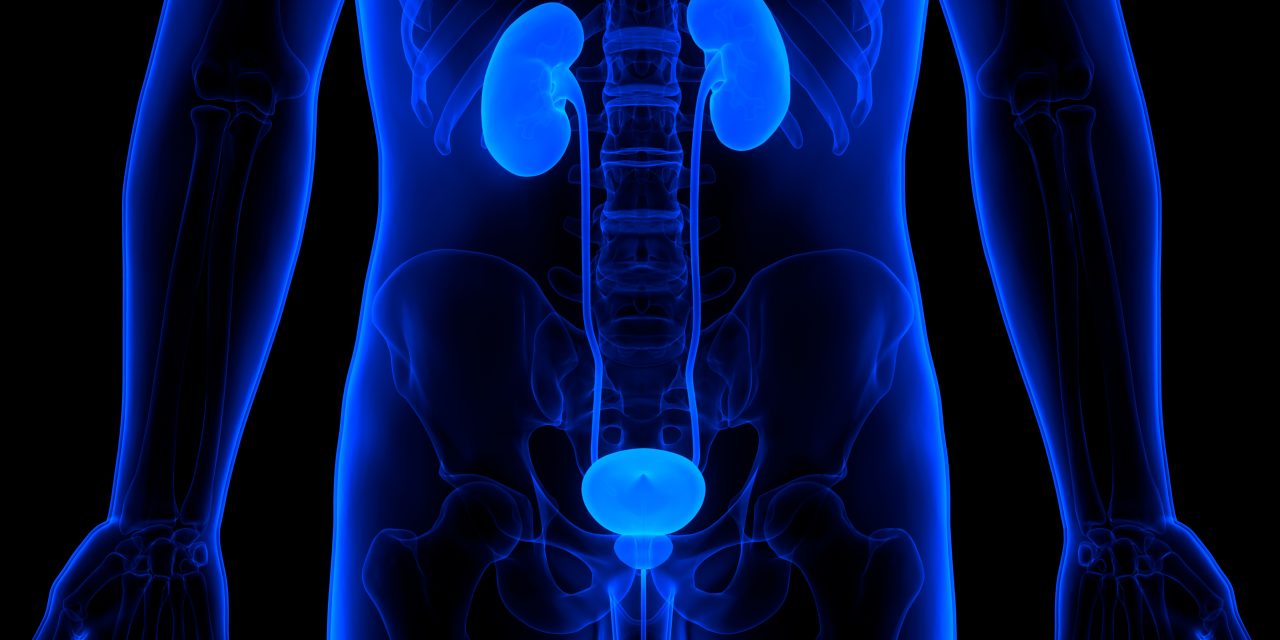In Africa, morbidity and death from intussusception, the primary cause of intestinal blockage in newborns, are greater than in other parts of the world, although the causes are unknown. Researchers wanted to find out what risk and protective variables were linked to mortality or intestinal resection after intussusception. From February 2012 to December 2016, infants with intussusception from seven Sub-Saharan African nations were recruited in active, hospital-based monitoring. Using multivariable logistic regression, we looked at demographic, clinical, and socioeconomic variables that were linked to mortality or intestinal resection after intussusception. A total of 1017 babies aged one year with intussusception were included in the study. In all, 13% of the infants died while in the hospital, and 48% underwent intestinal resection. Female sex, a greater duration of symptoms prior to presentation, and having intestinal resection were all linked with mortality after intussusception in multivariable analyses. Diagnosis by ultrasonography or enema, as well as employment of a family member, were found to be protective against intestinal resection.
Delays in hospital presentation and female sex were substantially linked with mortality, but better socioeconomic level and access to radiologic diagnosis decreased the chance of having resection. Efforts should be increased in Sub-Saharan African nations to enhance awareness, diagnosis, and management of intussusception in order to minimise morbidity and death from intussusception in these resource-limited settings.


